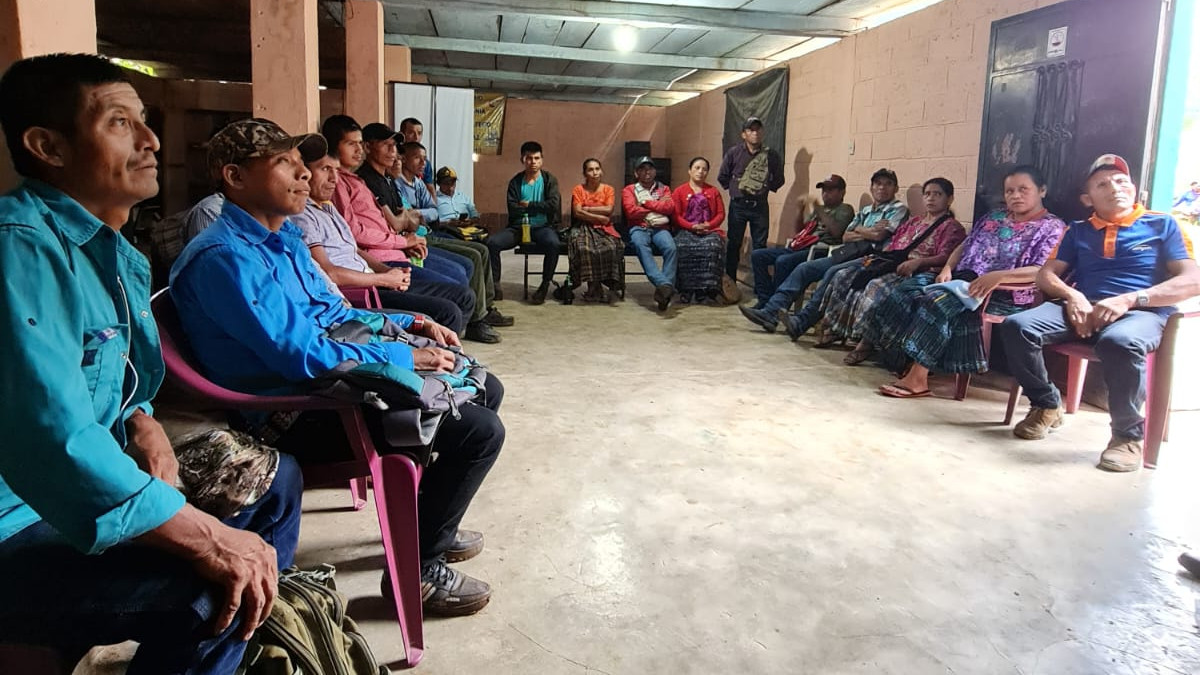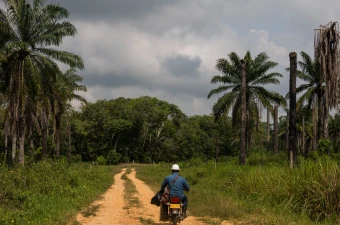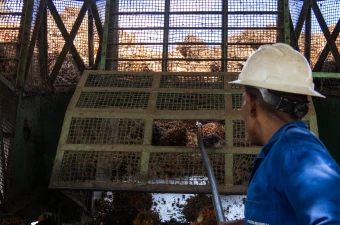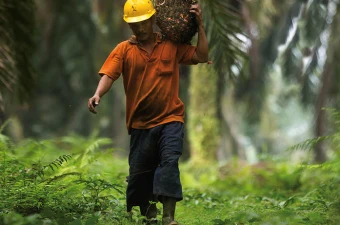"In doing this, the palm oil sector shows commitment to an industry where workers’ rights are respected.”
On 19 February, for the first time a union within the palm oil sector in Guatemala was established. This is a historic moment within the sector and for all unions. "The establishment of this union is an important step forward for the entire palm oil sector in Guatemala,” responds Maurice van Beers, Latin America regional coordinator for CNV Internationaal. "Trade union freedom is an important precondition for making the palm oil sector more sustainable. In doing so, the sector thus shows commitment to an industry where workers’ rights are respected.”
On 18 and 19 February, workers at palm oil company REPSA, Reforestadora de la Palmas de El Petén (REPSA), submitted the necessary documents to Guatemala's Ministry of Labour and Social Affairs.
The workers together with our partner organisation CONDEG, for the first time have been able to set up a union within the company . The union is called Sindicato de Trabajadores de la Empresa Reforestadora de Palmas de el Péten y Empresas Anexas (SITRAREPSA), in other words, the union of workers of the company REPSA and related companies.

International standards
By enabling the establishment of the union, the company complies with ILO standards and the RSPO guidelines that establish freedom of association. They stipulate the fundamental right of workers to organize and to be represented in order to advocate for their interests together.
The situation in Guatemala
Guatemala is one of the poorest countries in Latin America. About 80 percent of the population lives in poverty. Most working people have neither a contract nor the right to social security. Guatemala has been a democracy for 25 years which recognizes the freedom of association.
However, being a member of the worker's movement is almost impossible in practice. Trade union members are often fired or threatened to be fired. As a result, only 0.2 percent of workers dare to join a union.
Freedom of organization
Trade unions are indispensable to represent the interests of workers. They can start a constructive and meaningful social dialogue, and monitor progress. A living wage and safe working conditions are important issues. Without workers, the palm oil production would not be possible; however, but there is still room for improvement considering their working conditions.
This is the way to prepare the sector for international standards requirements on the issue of labour rights and due diligence obligations
Due diligence
"CNV International sees this development in Guatemala as a fundamental step towards the existence and strengthening of social dialogue within the palm oil sector,” adds Van Beers,
“This provides a good basis to continue working towards fair working conditions in the sector and this is the way to prepare the sector for international standards requirements on the issue labour rights and due diligence obligations.”.
What's happening in the palm oil sector?
Learn more
Publication date 21 02 2024


